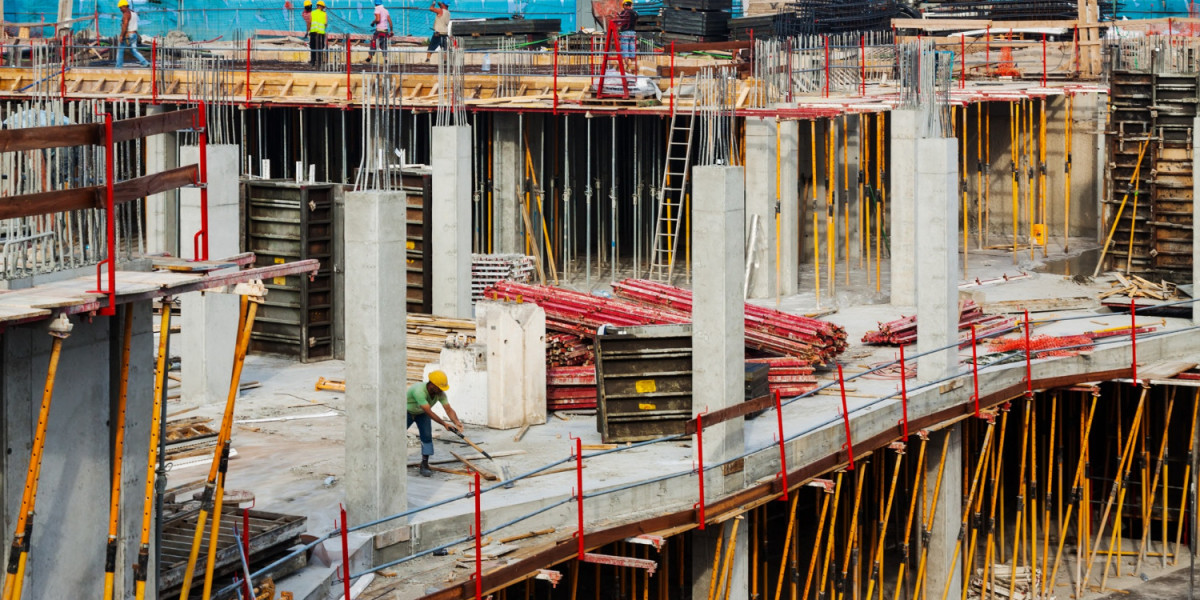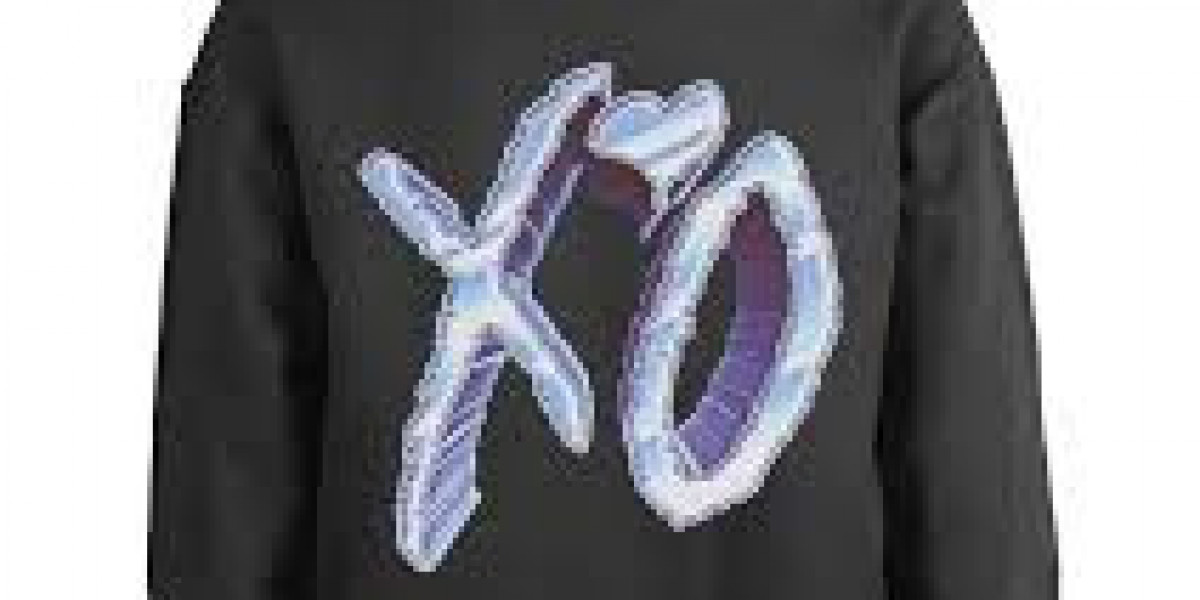Introduction
Modern mining and tunneling operations demand more than just excavation—they require strategic ground support systems that ensure safety, longevity, and cost-efficiency. Among the most important components of these systems are cable grout and tunnel guard products, both engineered to reinforce underground structures, minimize risk, and prevent collapse.
In this comprehensive guide, we’ll explore the role of cable grout in stabilizing rock masses, the protective benefits of tunnel guard coatings, and how both work together to form a robust ground support strategy. We’ll also highlight how Altecrete leads the industry with purpose-built products tailored to harsh underground environments.
Whether you’re overseeing a deep-level mine or a civil tunnel project, this blog post will help you understand why these materials are not just optional—but essential.
What Is Cable Grout?
Cable grout is a cementitious or polymer-based material injected into boreholes to anchor cable bolts within rock formations. It plays a critical role in transferring loads from the unstable rock mass to more competent surrounding strata, thereby improving structural integrity.
Cable bolts—typically longer than standard rock bolts—are used in areas with deep-seated instability, such as mine stopes, slopes, and large-span tunnels.
Key Functions of Cable Grout:
Anchors support systems in place by bonding cable bolts to the rock.
Prevents movement of cables due to dynamic loading or vibration.
Seals off water ingress through cracks or voids in rock faces.
Improves long-term stability of underground excavations.
A properly designed grout ensures that the load transfer is efficient and consistent, which is critical in highly stressed environments.
Types of Cable Grout Materials
Cementitious Grout
Most common in mining applications.
Typically includes Portland cement, water, and additives.
Economical and widely available.
Resin-Based Grout
Used in high-stress or dynamic environments.
Offers faster setting times and chemical resistance.
More expensive than cementitious grouts.
Polymer-Modified Grout
Combines flexibility and bonding strength.
Effective in fractured or moisture-prone zones.
At Altecrete, grout formulations are designed to match the site-specific conditions of a mining operation, including setting times, bonding strength, and resistance to seepage or heat.
Why Proper Cable Grouting Matters
Grouting is not just a procedural step—it is the foundation of ground support systems in modern mines and tunnels. Improper grouting can lead to:
Bolt slippage
Loss of load-bearing capacity
Ground failure or collapse
Expensive repairs and downtime
A case study from a South African platinum mine showed that poor grouting led to 18% more support failures than areas where professional grouting systems were implemented. This highlights the importance of sourcing specialized cable grout materials and trained installers.
Altecrete's Approach to Cable Grout
Altecrete offers high-performance grouting systems tailored for cable bolt anchoring in both shallow and deep mine applications. Their formulations ensure:
Optimal flowability for deep or angled boreholes
High early strength for rapid excavation cycles
Minimal shrinkage to maintain long-term integrity
Compatibility with steel cables and rock bolt systems
Their grout solutions are backed by on-site support and training, ensuring application is as reliable as the product itself.
What Is Tunnel Guard?
While cable grout stabilizes internal rock structures, Tunnel Guard protects exposed surfaces from erosion, water ingress, and deterioration. It is a spray-applied cementitious coating designed for tunnel walls and mining galleries.
Learn more here: Tunnel Guard by Altecrete
Applications of Tunnel Guard
Lining newly excavated tunnels
Reinforcing aging mine walls
Improving light reflectivity and visibility underground
Dust suppression in high-traffic tunnel environments
Moisture sealing in damp or wet tunnels
Tunnel Guard is often used in conjunction with cable grouting and bolting systems to create a comprehensive rock support envelope.
Key Features of Altecrete’s Tunnel Guard
High Adhesion to Rock or Concrete
Ensures the coating doesn’t flake or peel, even in damp conditions.Durability and Flexibility
Withstands minor substrate movements and vibration.Sprayable Application
Efficient for large areas—reduces installation time and labour costs.Non-toxic and Environmentally Safe
Suitable for confined underground environments.Customizable Formulations
Available in varying strengths, textures, and colours for different tunnel applications.
The Power of Combined Support: Cable Grout + Tunnel Guard
When used together, cable grout and Tunnel Guard provide a dual defense strategy against underground instability:
Cable Grout secures deep-seated rock formations by anchoring bolts within the strata.
Tunnel Guard reinforces the immediate surface layer, sealing micro-fractures and resisting environmental wear.
This integrated support system can reduce the need for frequent rework, lower maintenance costs, and most importantly—increase the lifespan of mining and tunneling infrastructure.
Cost Considerations and ROI
When evaluating the cost of underground support systems, it’s important to look at lifecycle costs, not just material prices.
Grouting Cost Variables:
Grout type and additives
Borehole depth and complexity
Pumping equipment
Labour and safety requirements
Tunnel Guard Cost Variables:
Surface area
Spray equipment
Labour
Thickness of application
While upfront costs may seem high, these systems can prevent expensive structural failures, reduce operational delays, and create safer working conditions—resulting in strong long-term ROI.
Altecrete’s Industry Leadership
With a focus on technical excellence and underground safety, Altecrete offers a range of products tailored for the mining and tunneling sectors:
Cable Grout Systems
Tunnel Guard Surface Coatings
MinCreter Application Equipment
Minecrete Shotcrete Solutions
Rock Bolt and Grout Systems
Their hands-on approach, from formulation to field support, makes them a preferred partner for mining contractors across Southern Africa.
Conclusion
In the complex world of underground construction and mining, cable grout and Tunnel Guard play essential roles in ensuring both structural stability and worker safety. While cable grout provides deep anchorage for rock bolts and cables, Tunnel Guard adds a protective outer layer that seals and strengthens tunnel surfaces.
When applied correctly—and together—these solutions can reduce risk, extend operational lifespan, and lower long-term costs. By partnering with experts like Altecrete, you gain access to engineered products backed by technical support, advanced equipment, and a deep understanding of underground environments.
Frequently Asked Questions (FAQs)
1. What’s the difference between cable grout and shotcrete?
Cable grout is used to secure cable bolts inside drilled holes, providing internal support. Shotcrete is a spray-applied concrete that forms an external support layer on tunnel walls.
2. How long does cable grout take to set?
This depends on the formulation. Altecrete offers both standard and rapid-setting grouts, with initial set times ranging from 30 minutes to a few hours.
3. Can Tunnel Guard be applied on wet surfaces?
Yes. Tunnel Guard is designed to adhere to damp rock surfaces and is ideal for underground environments where water seepage is common.
4. How thick is Tunnel Guard applied?
Typical applications range from 3mm to 10mm depending on the structural requirement and tunnel environment.
5. Are Altecrete’s products customizable?
Absolutely. Altecrete offers mix design flexibility and can adjust products for specific mine conditions, including high moisture, heat, or seismic activity.
6. Is Tunnel Guard only for mining applications?
No. Tunnel Guard can also be used in civil engineering projects such as subway tunnels, utility conduits, and slope protection.








